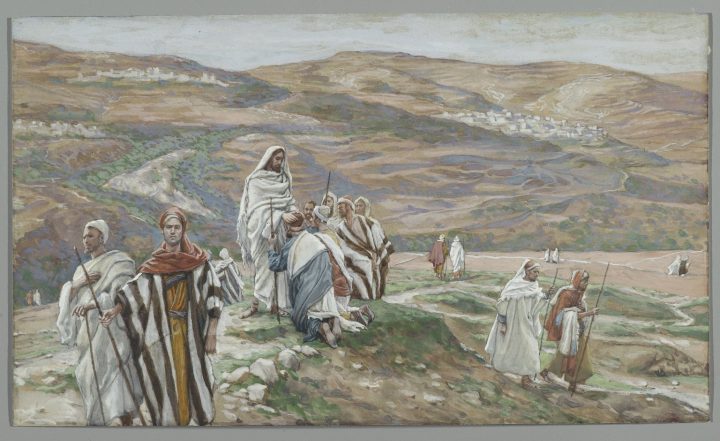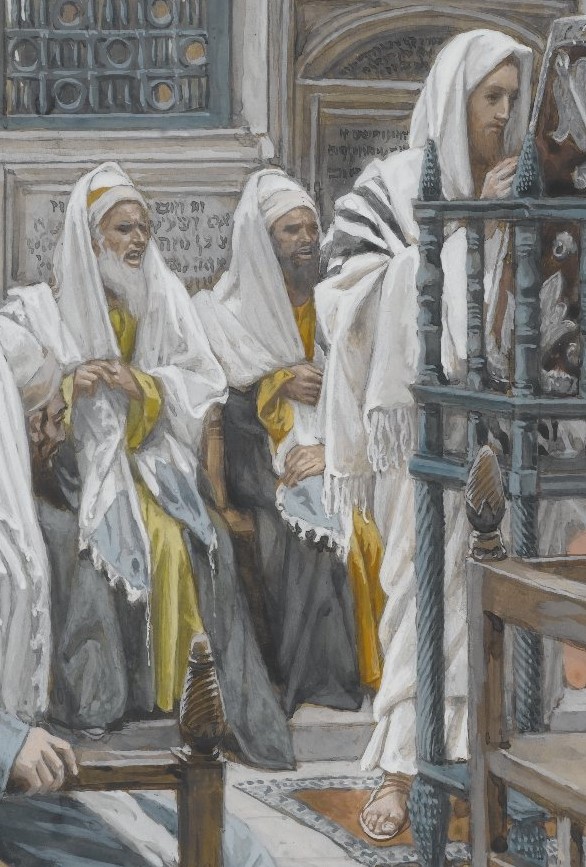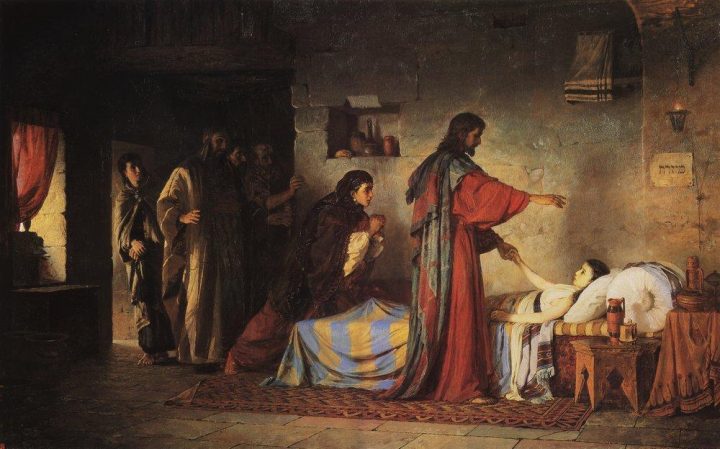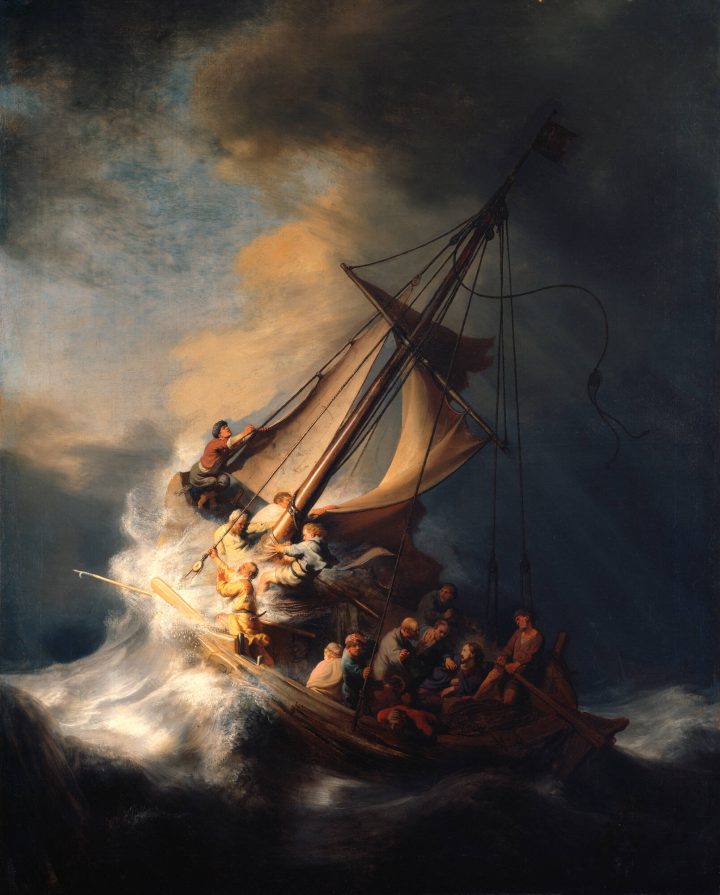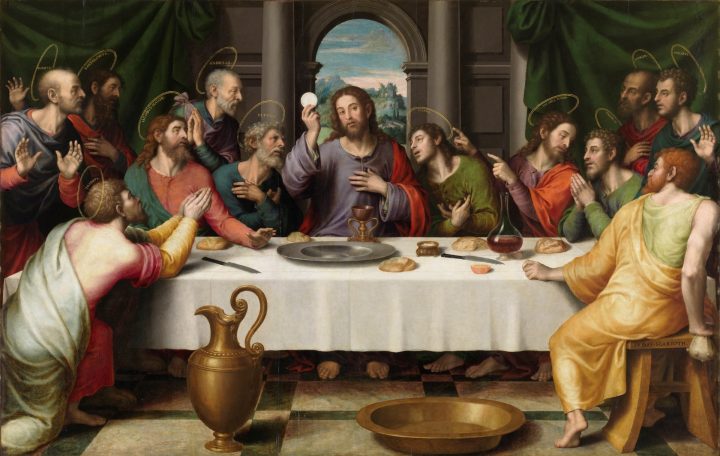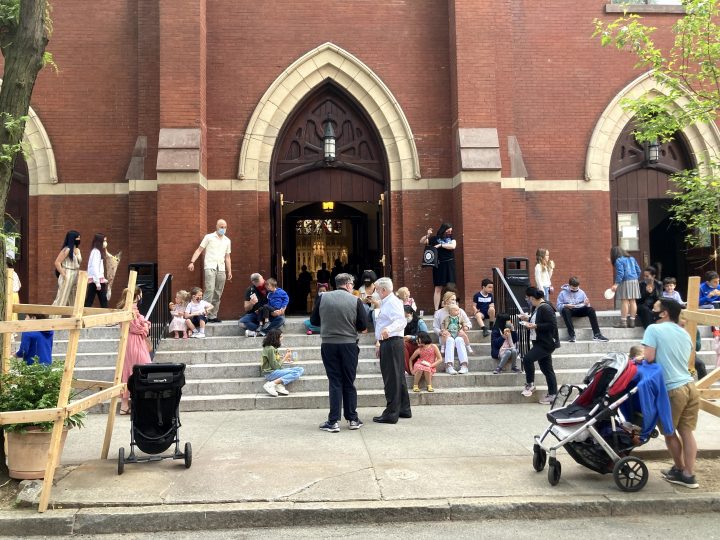He Sent them out Two by Two,
James Tissot, 1886-1896, Brooklyn Museum
He summoned the Twelve
and began to send them out
two by two.
(Mark 6:7)
Fr. Smith’s Commentary on the Second Reading
15th Sunday of Ordinary Time
Letter to the Ephesians 1:14
July 11, 2021
This summer we will be studying the 2nd reading for Sundays which is now called the “Letter of Paul to the Ephesians”. Most discussions of this letter begin by asking if it was written by St. Paul himself in the 60s or a disciple most likely in the 90s. This will not concern us here. It is a complicated question and as we will see in a few weeks, it has much to do with post reformation church politics. Another question is the original audience. This too does not directly interest us. It was most likely written to several churches, one of which was Ephesus. This will mean that it will not have the local color of some of the letters attributed to St. Paul but will free the author to more directly examine “Cosmic” themes.
Continue reading “15th Sunday in Ordinary Time – Fulfilling Our Being”